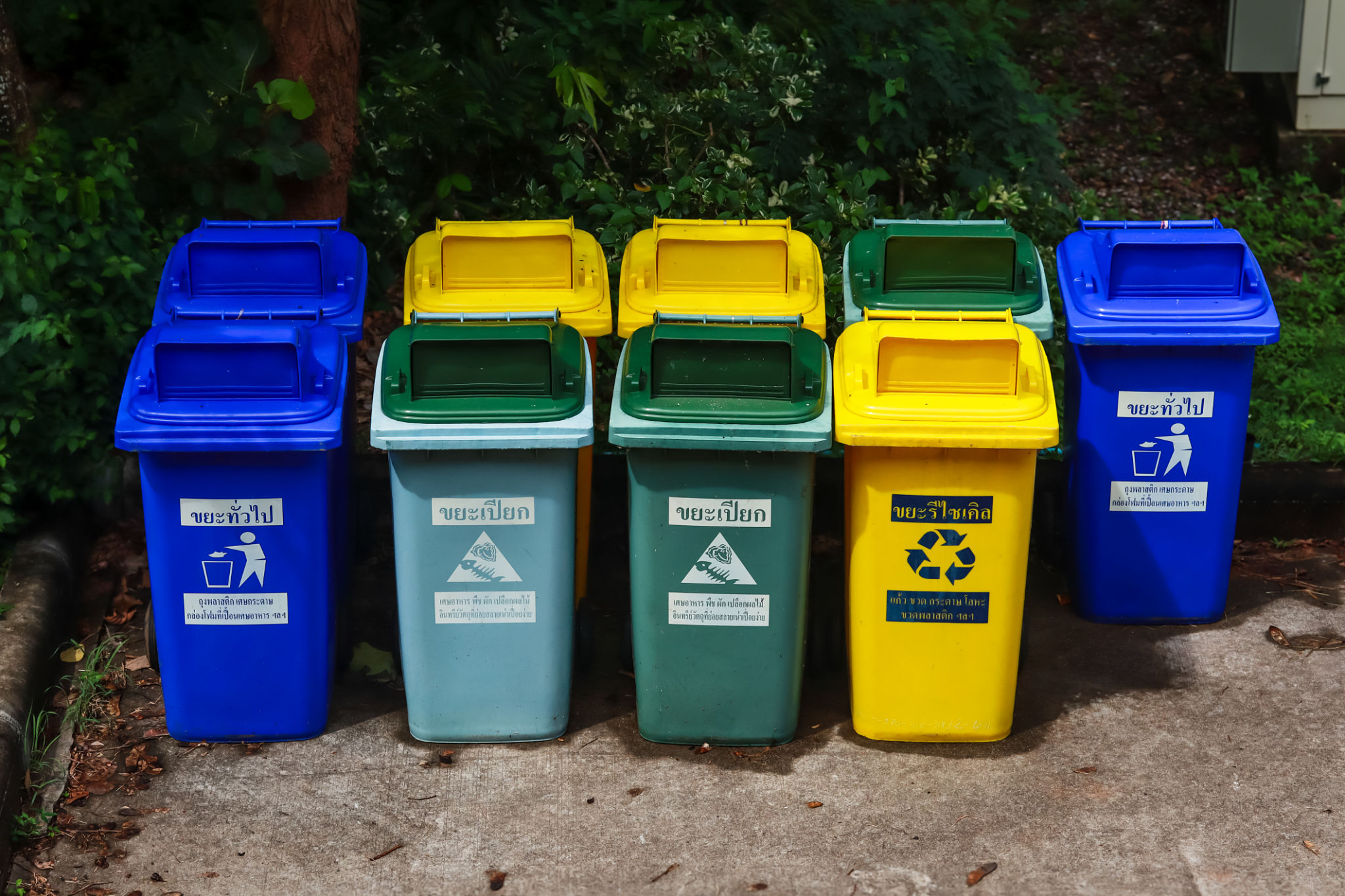The Environmental Impact of Proper Junk Disposal
Understanding the Importance of Proper Junk Disposal
When it comes to managing waste, the responsibility doesn't end with tossing items into a bin. Proper junk disposal plays a crucial role in minimizing environmental impact. By understanding the implications of improper waste management, we can take steps toward a healthier planet.

Environmental Consequences of Improper Disposal
Improper disposal of junk can lead to severe environmental consequences. When waste is not disposed of correctly, it can result in pollution of air, water, and soil. This pollution contributes to health issues in humans and wildlife, disrupting ecosystems and biodiversity.
Moreover, non-biodegradable materials like plastics can take hundreds of years to decompose, leaching harmful chemicals into the environment throughout the process. This not only affects current habitats but also poses risks for future generations.
The Role of Recycling in Waste Management
Recycling is a key component in reducing the environmental impact of waste. By converting waste materials into reusable objects, recycling helps conserve natural resources, reduce energy consumption, and decrease greenhouse gas emissions. It's essential to sort and recycle materials like paper, glass, and plastics to ensure they are processed correctly and efficiently.

Community Involvement and Awareness
Community involvement is vital in promoting proper junk disposal practices. Educational programs and awareness campaigns can empower individuals to make informed decisions about their waste. Community clean-up events and recycling drives can also foster a sense of responsibility and pride in maintaining a clean environment.
Local governments and organizations can play an instrumental role by providing accessible disposal facilities and resources for residents. This support helps encourage sustainable habits and ensures that waste is managed effectively.
Innovative Solutions for Reducing Waste
Innovative solutions are emerging to tackle waste management challenges. Technologies such as waste-to-energy plants convert waste into electricity, offering an effective alternative to traditional disposal methods. Additionally, advancements in biodegradable materials provide eco-friendly options that reduce the burden on landfills.

What You Can Do to Help
Each of us can contribute to minimizing the environmental impact of waste. Here are a few steps you can take:
- Practice reduce, reuse, recycle in your daily life.
- Properly sort your recyclables to ensure they are processed correctly.
- Participate in local clean-up events and recycling programs.
- Educate yourself and others about the importance of proper waste disposal.
The Future of Waste Management
The future of waste management rests on our collective efforts to innovate and adopt sustainable practices. As technology advances, we can expect more efficient and eco-friendly solutions to emerge, further mitigating the environmental impact of waste.
Ultimately, by prioritizing proper junk disposal today, we lay the groundwork for a cleaner, healthier planet tomorrow.
